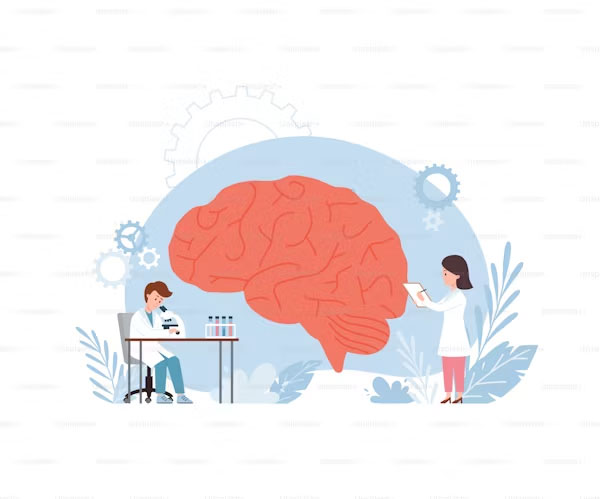Published: 01 November 2024
By Rachel Grace
In our day to day lives we often take shortcuts or we are looking to find them. Who doesn’t want to save time?
Another less obvious way we make shortcuts is in our way of thinking…
Automatic thoughts might work well during an uncomfortable or tricky situation… BUT when we tend to use them more often and rely on these short cuts in our thinking… it tends to distort the way we think, feel and even behave!
These automatic thoughts are also called cognitive distortions. There are a wide range of these shortcuts that we all use. One I often see in clients, of all ages, is ‘mind reading’.
MIND READING:
Who wouldn’t want to read minds?
Well… It’s not really that simple… even if we believe we’re skilled enough to understand what others are thinking, it’s often inaccurate.
Mind reading is when we automatically assume that we know what another person is thinking, or what they will think (and most of the time we’re thinking it’s negative!)
For example, ever found yourself assuming what your partner must be thinking due to their body language?
Or perhaps you’ve made a genuine mistake at work, but can’t shake the feeling that people must now think you can’t do your job?
Then you’ve engaged in mind reading.
Unfortunately, consistently using this mental short cut can have a negative impact on our wellbeing. Mind Reading has been found to be associated with anxiety, depression, social anxiety, relationship problems and body dysmorphia.
So how can we change it?
Although these thoughts are automatic, with practice, we can increase our awareness and put these thoughts in the spot light!
This can be done through a range of strategies including:
– Identifying– noticing these short cuts to begin with, after reading the description of mind reading, do you think it’s something you’ve done it before?
– Monitoring – keeping a close eye on how often you are using this short cut and how it impacts how you’re feeling
– Labelling and Decentering – So now you’re aware of these shortcuts, it’s time to get some SPACE from them… practice labelling those thoughts with what they are!
Ask yourself “hang on a second… Am I mind reading?” creating distance from yourself and the thought can be super helpful!
– Challenging – so now that you’re aware of these thoughts and you can call them out for what they are, it’s time to challenge them!
Ask yourself… “what evidence do I have to say this is true?” or “do I know this for a fact?” or one of my favourites, “what would I say if my best friend told me they were thinking this?”
There are many ways to challenge this type of thinking, and the many other short cuts we commonly use. If you feel that your way of thinking is impacting how you feel and behave, see your local psychologist for further support.

